
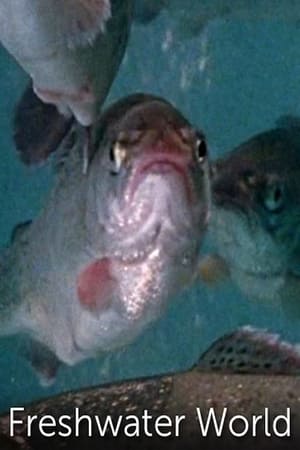
Freshwater World(1974)
This documentary explores a variety of projects undertaken by scientists at Environment Canada's Freshwater Institute in Winnipeg to study the processes that pollute or disrupt clean and balanced freshwater environments.

Movie: Freshwater World
Top 1 Billed Cast
Narrator

Freshwater World
HomePage
Overview
This documentary explores a variety of projects undertaken by scientists at Environment Canada's Freshwater Institute in Winnipeg to study the processes that pollute or disrupt clean and balanced freshwater environments.
Release Date
1974-01-01
Average
0
Rating:
0.0 startsTagline
Genres
Languages:
EnglishKeywords
Similar Movies
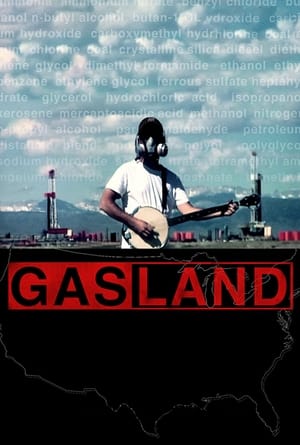 7.1
7.1Gasland(en)
It is happening all across America-rural landowners wake up one day to find a lucrative offer from an energy company wanting to lease their property. Reason? The company hopes to tap into a reservoir dubbed the "Saudi Arabia of natural gas." Halliburton developed a way to get the gas out of the ground-a hydraulic drilling process called "fracking"-and suddenly America finds itself on the precipice of becoming an energy superpower.
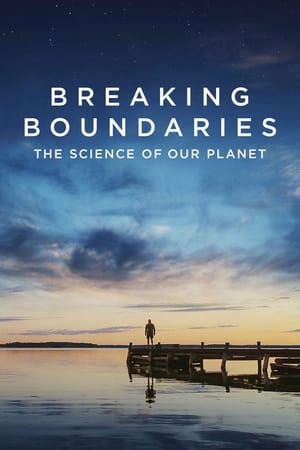 7.4
7.4Breaking Boundaries: The Science of Our Planet(en)
David Attenborough and scientist Johan Rockström examine Earth's biodiversity collapse and how this crisis can still be averted.
 5.7
5.7Broken Rainbow(en)
Documentary chronicling the government relocation of 10,000 Navajo Indians in Arizona.
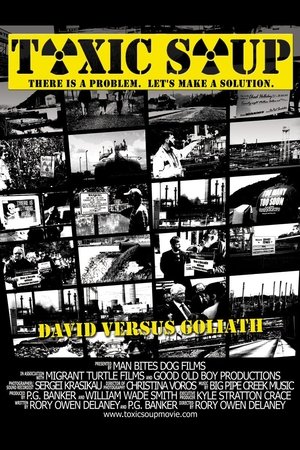 6.0
6.0Toxic Soup(en)
Something is bad wrong as everyday Americans fight to protect their air, water and blood from pollution.
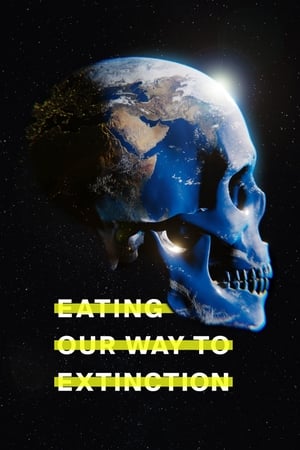 6.8
6.8Eating Our Way to Extinction(en)
With searing insight that shines light in dark corners, EATING OUR WAY TO EXTINCTION is a compelling feature documentary that opens the lid on the elephant in the room no one wants to talk about. Confronting and entertaining, this documentary allows audiences to question their everyday choices, industry leaders and governments. Featuring a wealth of world-renowned contributors including Sir Richard Branson and Tony Robbins, it has a message of hope that will empower audiences.
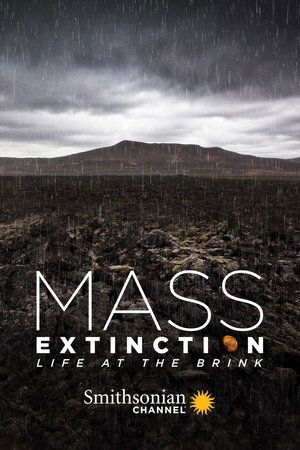 7.0
7.0Mass Extinction: Life at the Brink(en)
It's death on an unimaginable scale, when a majority of Earth's species quickly die out. It's called "mass extinction," and it's happened at least five times before. Cataclysms, such as supervolcanoes or asteroids, are thought to cause these events, but some experts believe a manmade mass extinction could be next. Is our planet in trouble? And if so, is there anything we can do to stop the next catastrophic annihilation? Experts are traveling the world, performing groundbreaking scientific detective work to answer these very questions.
 0.0
0.0Prime Farmland(en)
This documentary film follows farmers and activists fighting together to stop the Indiana Enterprise Center, a mega-sized industrial park planned west of South Bend, Indiana
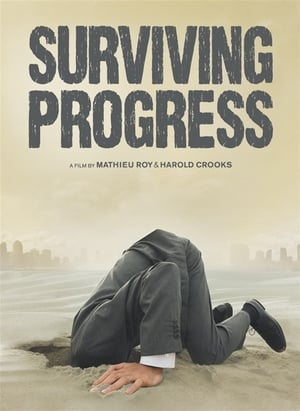 7.3
7.3Surviving Progress(en)
Humanity’s ascent is often measured by the speed of progress. But what if progress is actually spiraling us downwards, towards collapse? Ronald Wright, whose best-seller, “A Short History Of Progress” inspired “Surviving Progress”, shows how past civilizations were destroyed by “progress traps”—alluring technologies and belief systems that serve immediate needs, but ransom the future. As pressure on the world’s resources accelerates and financial elites bankrupt nations, can our globally-entwined civilization escape a final, catastrophic progress trap? With potent images and illuminating insights from thinkers who have probed our genes, our brains, and our social behaviour, this requiem to progress-as-usual also poses a challenge: to prove that making apes smarter isn’t an evolutionary dead-end.
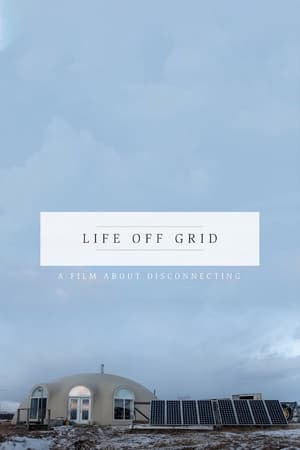 7.1
7.1Life Off Grid(en)
Off-grid is not a state of mind. It is not about being out of touch, living in a remote place, or turning off your mobile phone. Off-grid simply means living without a connection to the electric and natural gas infrastructure. From 2011 to 2013 Jonathan Taggart (Director) and Phillip Vannini (Producer) spent two years travelling across Canada to find 200 off-gridders and visit them in their homes. -
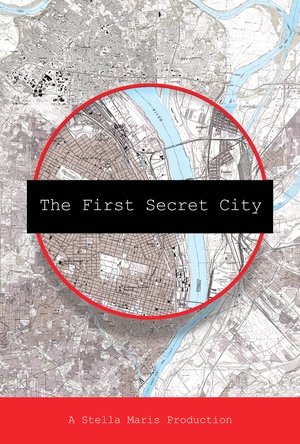 0.0
0.0The First Secret City(en)
Before the creation of the secret cities of Los Alamos, Oak Ridge and Hanford, the Manhattan Project hired the Mallinckrodt Chemical Works of St. Louis to refine the first uranium used in the atomic bomb dropped on Hiroshima. For the next two decades, Mallinckrodt continued its classified work for the Atomic Energy Commission during the Cold War. The resulting radioactive waste contaminated numerous locations in the St. Louis area some of which have not been cleaned up 70 years after the end of World War II. Told through the eyes of an overexposed worker, the story expands through a series of interviews that careen down a toxic pathway leading to a fiery terminus at a smoldering, radioactively-contaminated landfill. The First Secret City reveals a forgotten history and its continuing impact on the community in the 21st Century, uncovering past wrongdoing and documenting the renewed struggles to confront the issue.
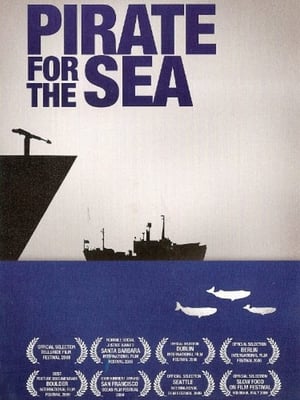 5.0
5.0Pirate for the Sea(en)
A documentary on Paul Watson, who takes the law into his own hands on the open seas, confronting, by any nonviolent means necessary, the hunters who indiscriminately slaughter whales, seals and sharks, along with complicit governments and environmental organizations. Written by Anonymous "Pirate for the Sea" is a biographical film of Captain Paul Watson, the youngest founding member of Greenpeace Canada. He organized early campaigns protesting the killing of seals, whales, and dolphins. Greenpeace ejected him for being too much of an activist. Starting his own organization, the Sea Shepherd Conservation Society, he went on to sink illegal whaling ships, stopped Canadian seal hunts for ten years, permanently halted sealing in British Isles, killing of dolphins on Iki Island, Japan, etc. This documentary witnesses his latest campaigns and explores the personal and environmental history of this controversial marine conservationist. Written by R.C.
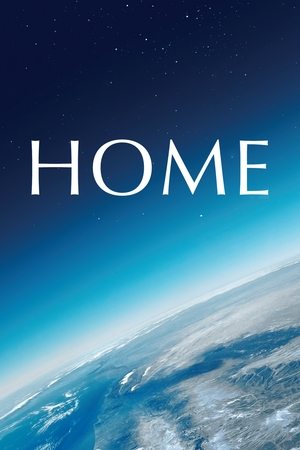 7.8
7.8Home(fr)
In 200,000 years of existence, man has upset the balance on which the Earth had lived for 4 billion years. Global warming, resource depletion, species extinction: man has endangered his own home. But it is too late to be pessimistic: humanity has barely ten years left to reverse the trend, become aware of its excessive exploitation of the Earth's riches, and change its consumption pattern.
 7.6
7.6The Devil We Know(en)
Unraveling one of the biggest environmental scandals of our time, a group of citizens in West Virginia take on a powerful corporation after they discover it has knowingly been dumping a toxic chemical — now found in the blood of 99.7% of Americans — into the local drinking water supply.
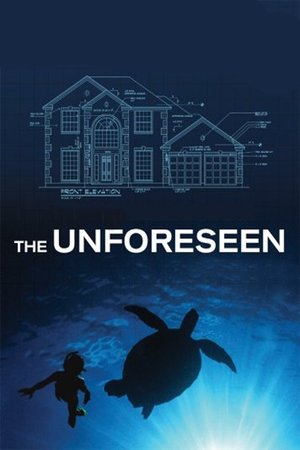 5.8
5.8The Unforeseen(en)
A documentary about the development around Barton Springs in Austin, Texas, and nature's unexpected response to being threatened by human interference.
 0.0
0.0Joe Lycett vs Sewage(en)
Joe Lycett investigates the mind-boggling quantities of untreated sewage discharged into our waterways every day, and takes the fight to the water companies in the most Joe Lycett way possible.
 7.0
7.0Bad River(en)
Wisconsin's tribe's ongoing fight to protect Lake Superior for future generations. "Bad River" shows the Bad River Band of Lake Superior Chippewa's long history of activism and resistance in the context of continuing legal battles with Enbridge Energy over its Line 5 oil pipeline. The Line 5 pipeline has been operating on 12 miles of the Bad River Band's land with expired easements for more than a decade. The Band and the Canadian company have been locked in a legal battle over the pipeline since 2019.
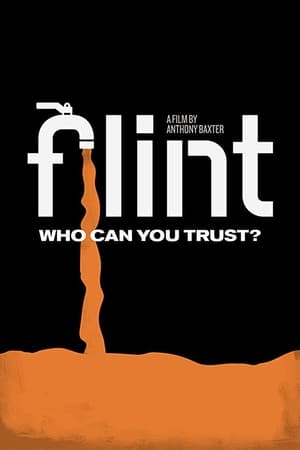 6.0
6.0Flint(en)
In 2014, the authorities in Flint, Michigan chose to cut costs and change the city’s domestic water supply from the great Lakes to the Flint River. Soon tap water was running brown, people were falling ill and it was clear that something was seriously wrong. Anthony Baxter (You’ve Been Trumped) has followed the situation over six years of denial, evasion, betrayal and hypocrisy in which the city’s poorest residents have suffered the most. The result is shocking and sad as it illuminates the inequalities of the modern world and celebrates the solidarity of ordinary people.
 0.0
0.0Water and the Dream of the Engineers(en)
Documentary where rich social history frames a spirited debate on the development of water infrastructure throughout the USA.
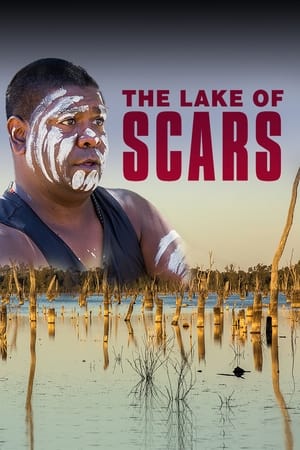 7.0
7.0The Lake of Scars(en)
In a corner of regional Victoria exists a place of astounding natural beauty, archaeological significance and age-old culture. But the Indigenous scarred trees and artefacts found here are at risk. With the blessing of the local Dja Dja Wurrung People, white horticulturist Paul Haw has made it his mission to care for Lake Boort and its surrounds.
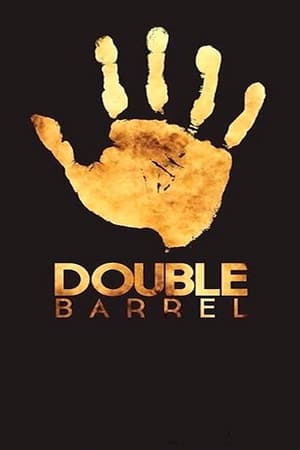 0.0
0.0Double Barrel(en)
Double Barrel follows surf and travel journalist Angie Takanami’s journey to Peru to document Peruvian surf guide Harold Koechlin’s dream of protecting Peru’s world-class surf breaks. After a chance meeting, the two compared tales of living through natural and human-inflicted disasters, and their dreams for sustainable surf development and tourism. Focussed in the oil-dominated town of Lobitos, Harold is working together with the local and international community and is determined to preserve the locals’ right to a clean ocean and environment to give towns like Lobitos a more sustainable future.